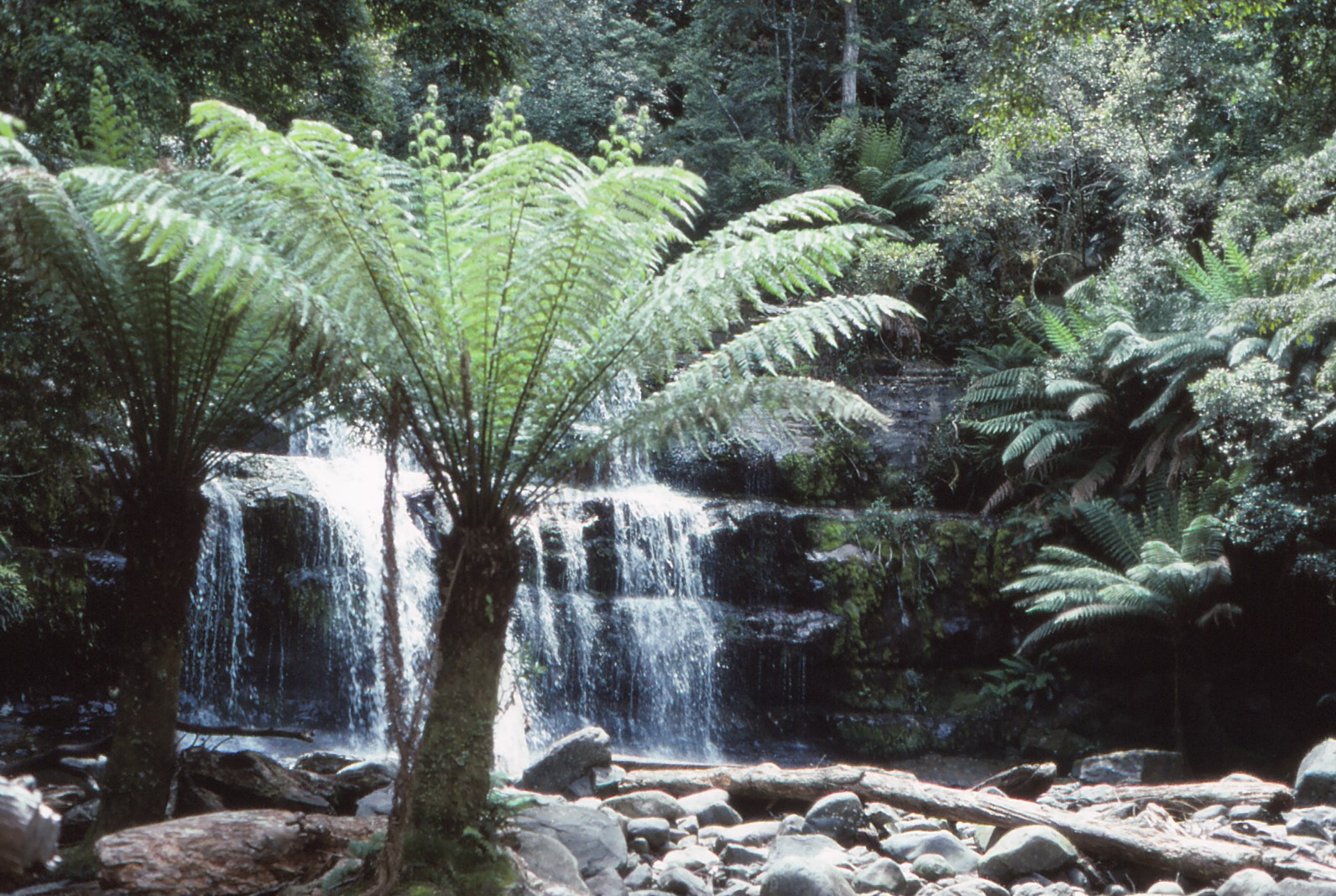Tiistai 11.2.2020 klo 16.00 - Mikko Nikinmaa
During the worst bushfires ever in Australia, millions of terrestrial animals have died, burned alive. The newscasts throughout the world have shown koalas with bad burns being rescued, only few out of the many which died in the fires. Among the species which have suffered most, koala is probably the first, since the habitat of koala is the most likely to suffer from fires, and the animals are not fast, and therefore cannot escape the fires.
The fires finally have ended now, because very heavy rain has fallen in Eastern Australia. In New South Wales the rain has been heaviest in thirty years. It has rained in 24 hours (February 8-10, 2020) as much as in one and a half months in a normal year this time. The heavy rain has brought record floods, which have followed record drought. Unfortunately this is exactly what the climate researchers have predicted; as a result of climate change droughts and heavy rains both occur, the weather becomes very unpredictable and extreme phenomena occur. This is also seen in Europe: in Central Norway one m easured +19oCn early January and it snowed 20 cm in Madrid in the late January while grass is green in Southern Finland.
easured +19oCn early January and it snowed 20 cm in Madrid in the late January while grass is green in Southern Finland.
The bushfires of Australia have been extinguished by the heavy rain, and firemen and terrestrial animals can suck of relief. Now it is the turn of aquatic animals to suffer. The rains take the ash and any chemicals that were used in firefighting to the rivers. One has already seen the consequence of this in tens of thousands of dead fish all over the place. Since Australia has very little inland water, the aquatic fauna is quite vulnerable and can easily become extinct. There are two major reasons for fish deaths. First, many of the chemicals used in extinguishing the fires are quite toxic. For example, chemicals of extinguishing foam contain fluorocarbons and aluminium sulphate, which are quite toxic. Aluminium ion was considered to be the major reason behind fish deaths during the acid rain period in Europe and North America in late 20
th century. However, in the leachate from bushfires, the chemical load is probably of only very minor importance. The ash reaching the rivers consumes the oxygen, and the fish living in running water usually require well-oxygenated water. When the ash, which contains organic carbon, uses up the oxygen, and renders the water hypoxic, the fish die of oxygen lack. What is worse, there is nothing that can be done to prevent fish deaths: they are the ultimate consequence of bushfires and heavy rain. The only thing we can do is to wait and hope that an adequate number of fish survive for the populations to recover within 5-10 years.

 easured +19oCn early January and it snowed 20 cm in Madrid in the late January while grass is green in Southern Finland.
easured +19oCn early January and it snowed 20 cm in Madrid in the late January while grass is green in Southern Finland.